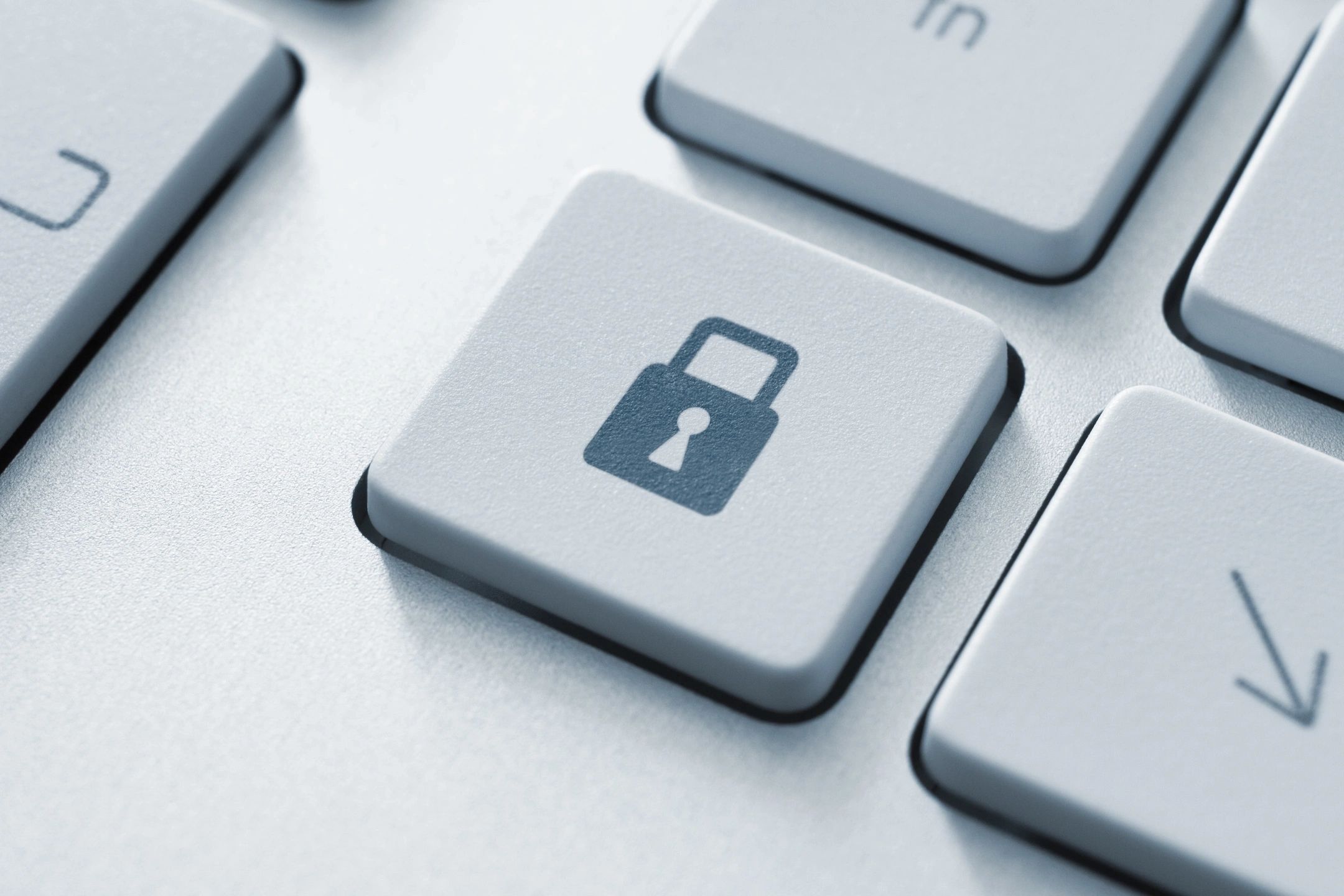Password Security: Protecting Your Digital Life

In today’s digital world, passwords are the first line of defense against unauthorized access to your personal, financial, and professional information. However, many people still underestimate the importance of strong password security, leaving their accounts vulnerable to cybercriminals. Let’s take a deeper look at why password security matters and how you can improve it to safeguard your data.
Why Password Security is Crucial
Cyberattacks are on the rise, and one of the most common methods hackers use to gain access to your accounts is through weak or stolen passwords. With your passwords, attackers can gain entry to everything from your email and social media accounts to your bank accounts and cloud storage. This can lead to identity theft, financial loss, or worse.
In fact, the majority of data breaches occur because of compromised passwords, often due to weak, reused, or stolen credentials. Hackers are constantly coming up with new ways to crack passwords, making it essential to follow best practices to stay one step ahead.
How to Strengthen Your Password Security
- Use Strong, Unique Passwords A strong password is one that contains a mix of upper and lowercase letters, numbers, and special characters. Avoid using personal information like your name, birthdate, or common words. Each account should have a unique password. Reusing passwords across multiple accounts increases the risk of a breach—if one account is compromised, all your others are too.
- Enable Two-Factor Authentication (2FA) Adding an extra layer of security through two-factor authentication is one of the easiest and most effective ways to protect your accounts. With 2FA, you’ll need to enter a code sent to your phone or email in addition to your password, making it much harder for hackers to gain access even if they have your password.
- Use a Password Manager Password managers can help you securely store and generate complex, unique passwords for each account. This way, you won’t have to remember every password, and you can rest assured knowing they are safe and encrypted.
- Regularly Update Your Passwords Change your passwords periodically, especially for sensitive accounts like online banking or email. Regular updates reduce the risk of long-term exposure in the event that your credentials are compromised.
Your passwords are the keys to your digital life, and it’s up to you to protect them. By following these best practices—creating strong, unique passwords, enabling 2FA, using a password manager, and updating passwords regularly—you can greatly reduce your risk of falling victim to cybercrime. Take action today to ensure that your information remains safe and secure!


